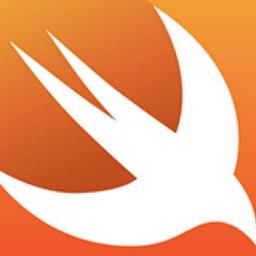Google pulls the plug on Orkut
Alas, fair Orkut, we barely knew ye. Or barely used ye, something like that. Either way, Google has decided to retire Orkut, it's first foray into social networking, after ten years. Ten years is an eternity on the Internet, but Orkut has clearly been superceded by Google Plus, into which Google is investing increasingly important amounts of time, energy, and code.
From the announcement:
From the announcement:
Ten years ago, Orkut was Google's first foray into social networking. Built as a "20 percent" project, Orkut communities started conversations, and forged connections, that had never existed before. Orkut helped shape life online before people really knew what "social networking" was. ...Ed note: Anyone still using Orkut is requested to close their account and open up something at AOL, Geocities, or Myspace as soon as possible.
Orkut, the service, may be going away, but all of those incredible communities Orkut users have created will live on. We are preserving an archive of all public communities, which will be available online starting September 30, 2014. If you don't want your posts or name to be included in the community archive, you can remove Orkut permanently from your Google account. Please visit our Help Center for further details.
